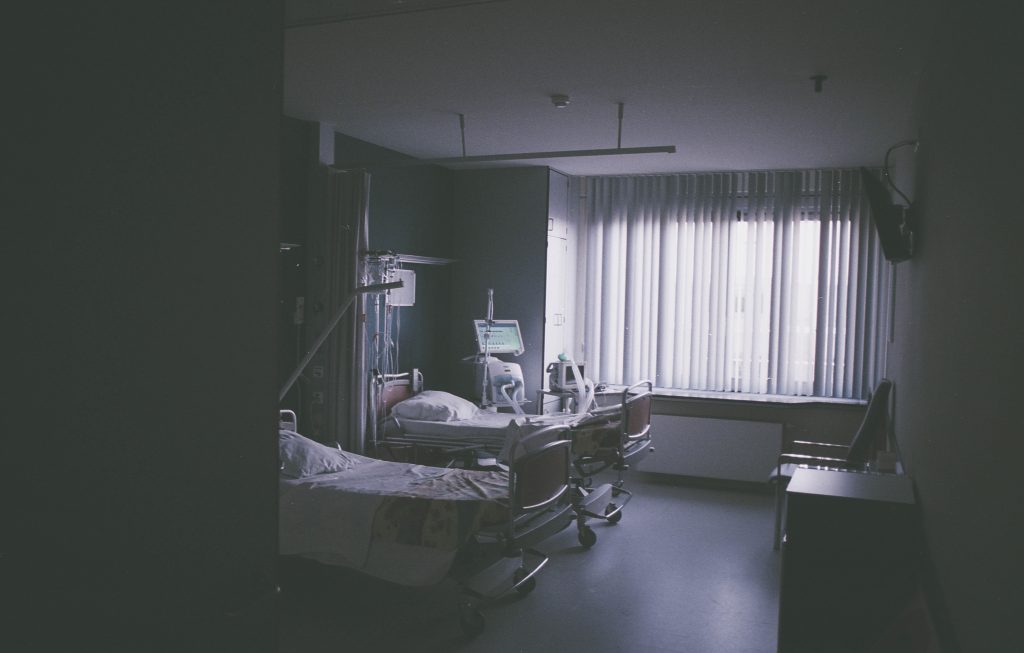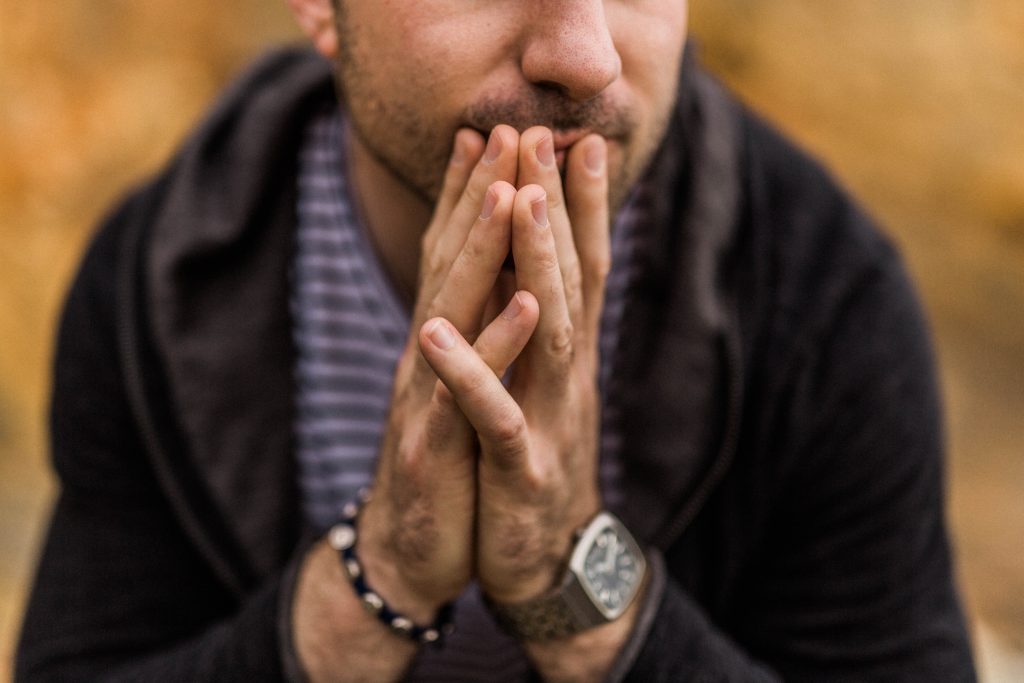My Journey

Bismillah. I recently had the chance to tell the story of how our app was created, on the Brother’s Hour show, so I thought I’d share it here too. I hope it might give you some insight or perhaps even inspiration on your own journey.
My personal journey to creating this app started years ago as a teenager. It was the early 2000s and even then we could already sense the increasing pace of life because of emerging technologies. It was the very early days of social media. Our evening hangout as kids was either the town centre or MSN Messenger. Social pressures were heavy but as the years went by they seemed to weigh down more and more. Alhamdulillah, I was able to cope and keep up, always just keeping my head above water. I always had a love of technology but I never let it overwhelm me. And I enjoyed school, despite being an Asian Muslim kid in a majority non-Muslim White area. I was blissfully unaware of the thing that was about to impact my life so hard.
One Friday during the holidays, I got a call that one of my close friends had fallen ill. I remember at the time thinking to myself that he must have injured himself somehow. The details were vague but he’d been admitted to the hospital I was told. Weeks went by and there was no news. I started to get really worried and I began to feel the darkness of my concern cloud my thoughts during school hours. After several months of not knowing what was happening with my friend, eventually I was told I was allowed to visit him in the hospital.
I was excited. Nervous. Uncertain of what to expect. As I walked in to the hospital I was greeted by his family members. Dark sombre faces. And then I was led up to his bedside and he looked up at me. Gaunt. Unshaven. I could barely recognise him but my heart broke when I realised that he couldn’t recognise me. Heavily sedated and still recovering, he looked at me with blank eyes, and his family had to tell him in loud clear words that it was Jubair, his friend, come to see him. My friend had just had a psychotic episode.

There are moments in a person’s life that shape them profoundly. This was one of those moments for both of us. Since then my friend has recovered and gone on to live a full and rich life alhamdulillah. We learned back then that he had suffered a pyschotic episode that was caused by the increasing weight of school life, peer pressure and family expectations. He was diagnosed with schizophrenia. Today he looks after himself and makes sure to manage any of the triggers that can cause him to relapse.
Though at first I was impacted negatively, I eventually became focused on trying to dispel the taboos of mental health in the Muslim community. I became a filmmaker and wanted to use those skills to create meaningful films that would help enlighten people about the importance of looking after their mind. But as my career evolved I became complacent about the mission. I got distracted. I moved on.
Then in 2014 I was tasked to go over to Turkey to film a fundraising documentary on the situation of Syrian families who had fled the conflict. The war had raged for 2 years by that point, and created a huge influx of refugees into the surrounding countries. It was still early in the fighting and the most vile atrocities were being committed against innocent people as they tried to escape. Hearing the the stories of these woman and their children sent me into a severe downward spiral of anxiety on my return to the UK. I was having nightmares and struggling in social situations. I even missed one of my close friend’s wedding.
I had to find ways of masking these symptoms at work and in life. In group conversations I’d start feeling really anxious all of a sudden, sometimes needing to excuse myself. On one occasion I left a conversation midway through and had to go to the bathroom to douse my face in cold water! This carried on for almost year until it had gotten too much to bear. I had gained an unhealthy amount of weight, I wasn’t sleeping properly, and this was affecting all aspects of my life. I had to do something.

Through colleagues I was introduced to the most lovely weekly study circle led by Ustadh Zaki. Ustadh Zaki is the one of the most generous and kind hearted teachers I’ve ever met and it was with him and his circle that I learned the spiritual power of the teachings of Islam. And though I learned a lot and felt really good at the end of each session, my symptoms weren’t leaving me. So I carried on attending the circles, but all the while still searching for a cure.
During this stage of my life I had set out as a freelancer and as a result was heavily investing in self-improvement literature. A friend put me on to Tim Ferriss’s books and podcasts. Tim Ferriss, as I’m sure you probably know, is an investor, entrepreneur and writer who became famous for his ideas on lifestyle hacking. He has, in my opinion, one of the best podcasts and I soaked up the wisdom he gleaned from his interviewees. It was here that I discovered Headspace, the meditation app.
Though I’d never practiced it, I knew what meditation was. I’d seen it in Kung Fu movies growing up, or heard about the supernatural powers you could get if you did it and had written it off as something strange and new age. But the more I heard Tim Ferriss’s guests talk about the wellness benefits of meditation the more I realised this is what I had been looking for. I began the courses within Headspace and stuck with it despite not having any immediate results. But as time went by I noticed I felt lighter, less tense. I noticed I was more relaxed in social settings. This was it, this was the answer.
I researched more and more into the power of mindfulness meditation and became a huge proponent of Headspace to my friends and family. I found research papers showing the tangible proven benefits. Until one day during one Ustadh Zaki’s circles it occured to me. All these years I had been meditating all along, but not consciously. The prayers we were taught in Islam, the goal of reconnecting ourselves with Allah, it was all there to help us be more present and focused on our purpose. To be more mindful of that purpose.
So the idea for Halaqah was born. The name Halaqah means circle in Arabic, a shape which symbolises wholeness, and the self. It also means a small Islamic gathering, like the circles I used to attend with Ustadh Zaki.
With the help of my friends and the guidance of scholars such as Shaykh Zaqir of Darul Arqam, and Ustadh Zaki of Suffa foundation, we created Halaqah. We created it to help anyone who might struggle with the challenges of their mind, to help reconnect them with Allah.
I pray Halaqah offers you some respite from busy living. You can find it on the Google Playstore and Apple App store.



